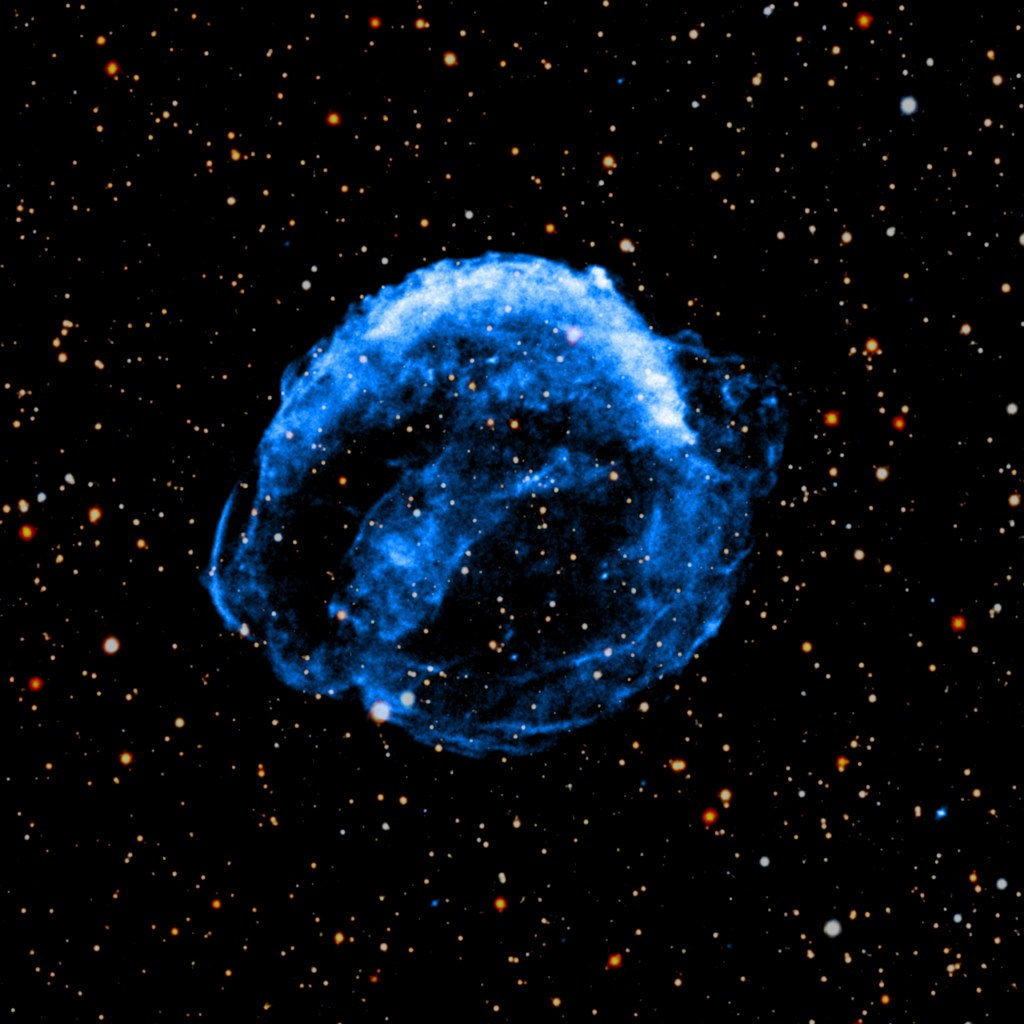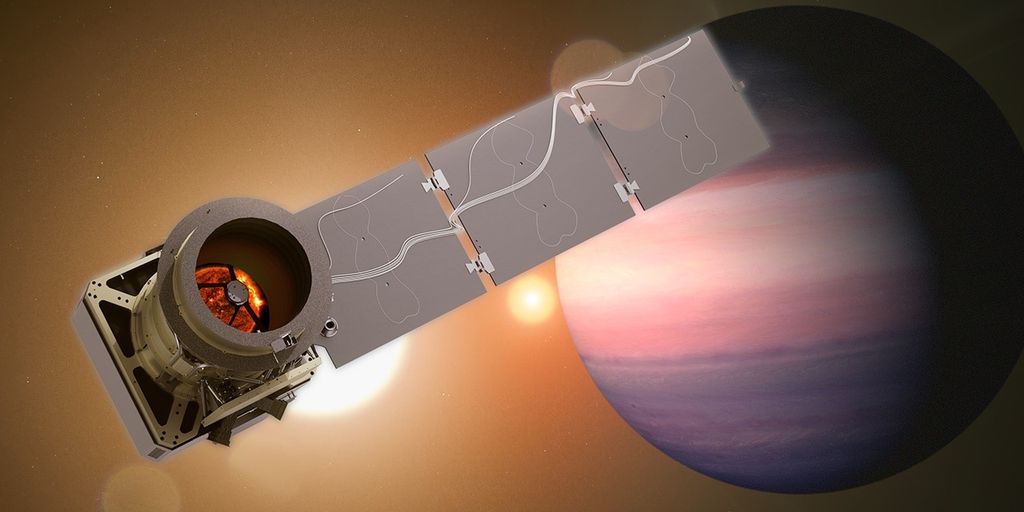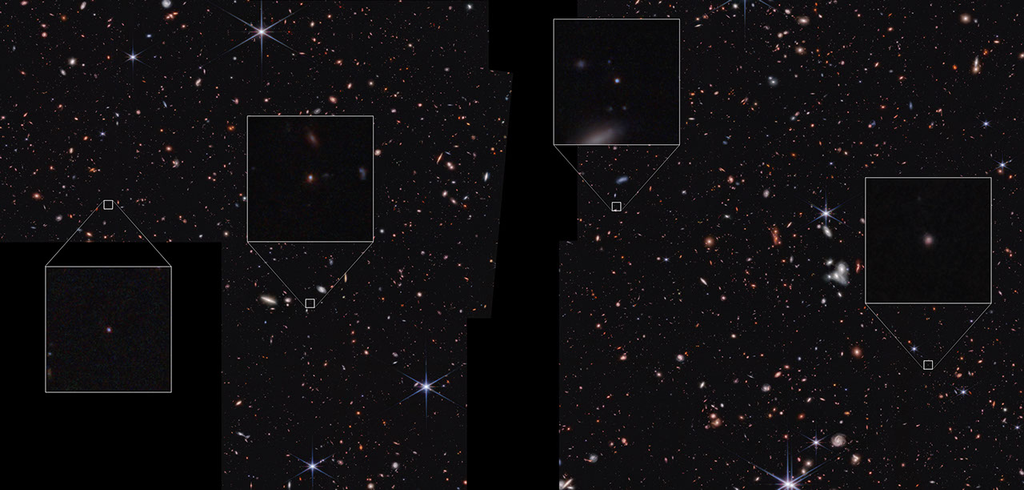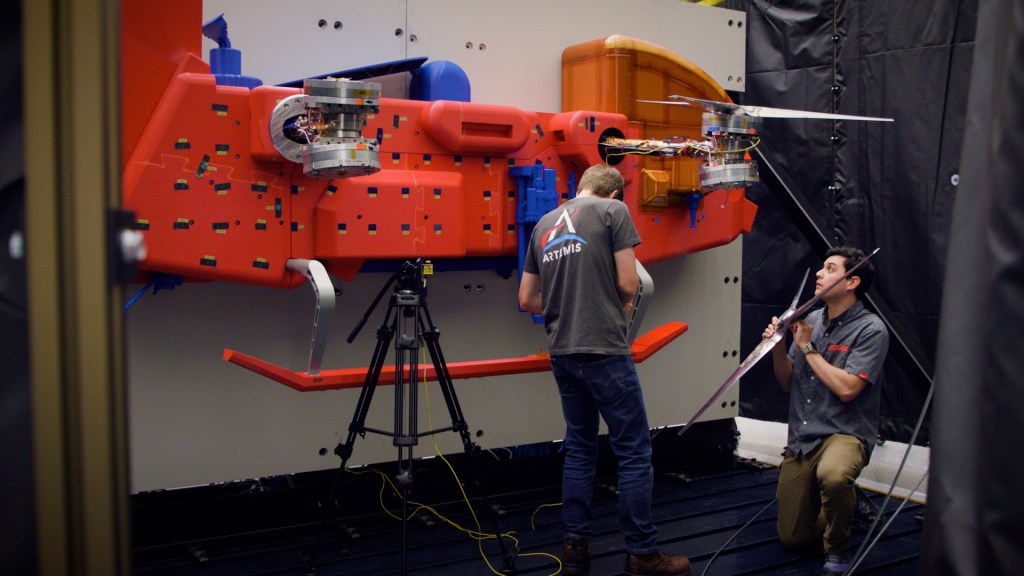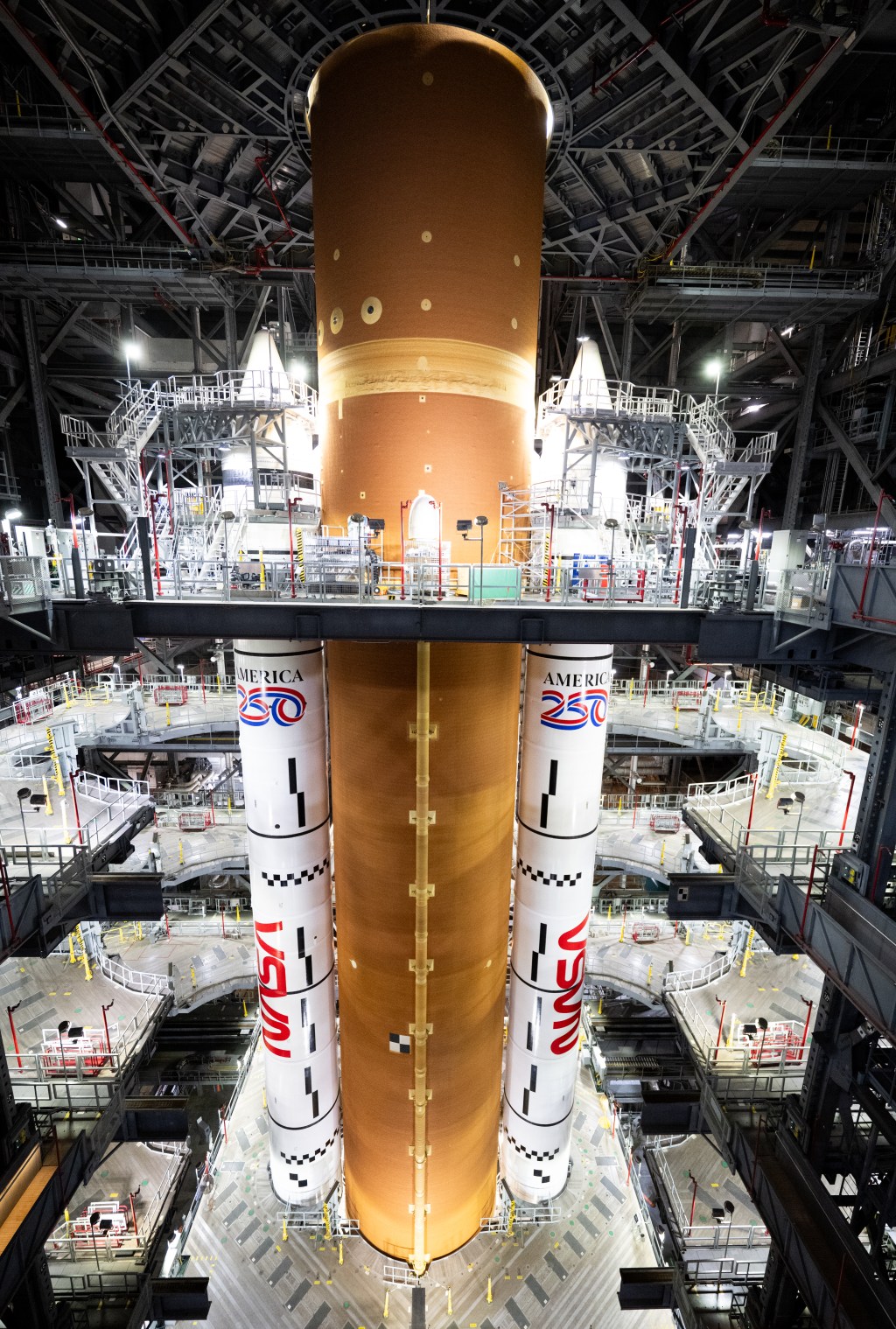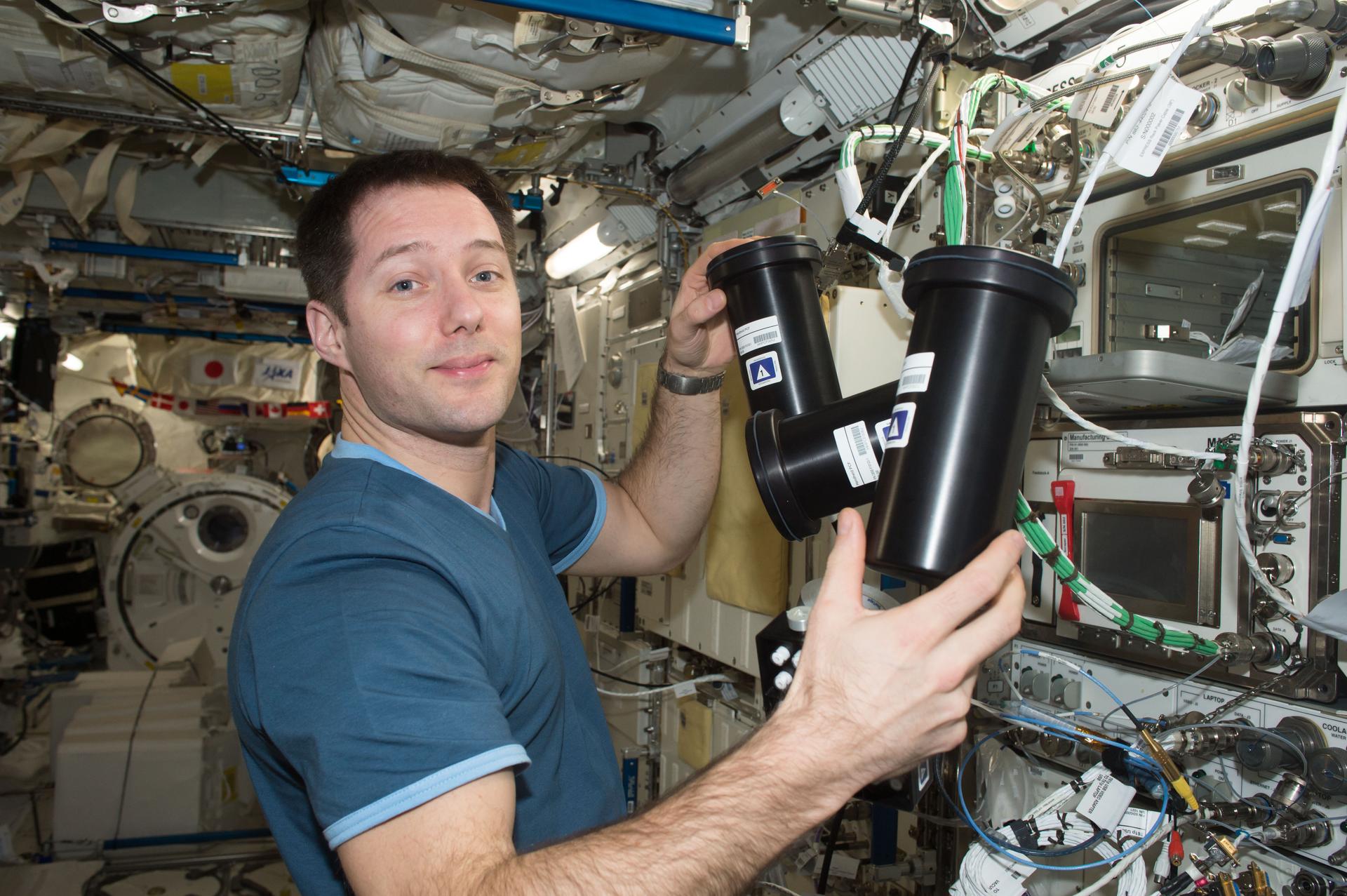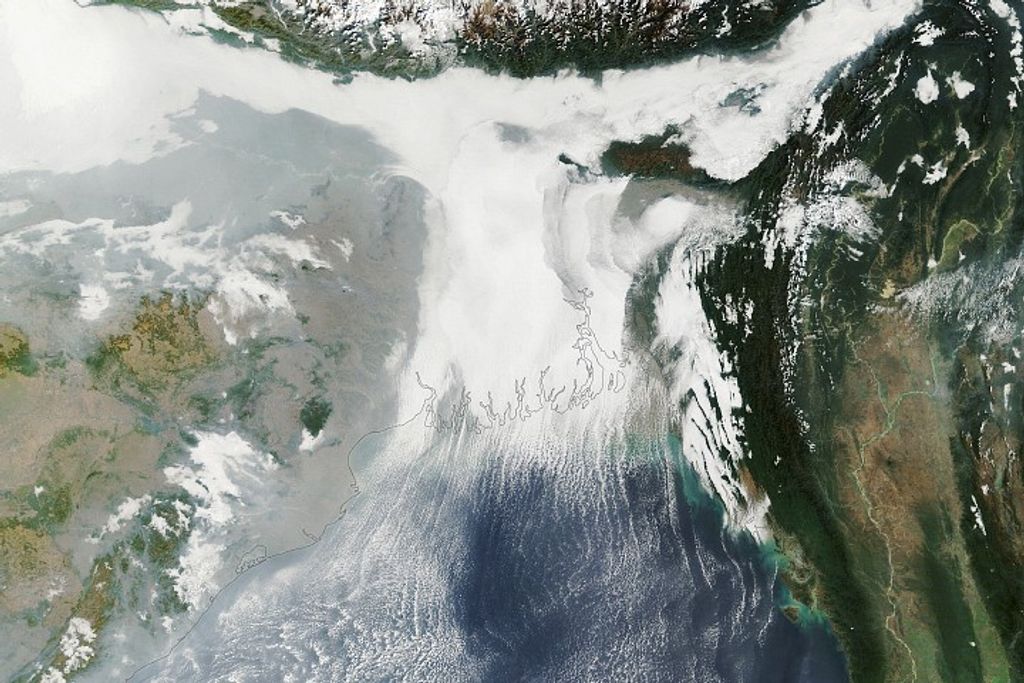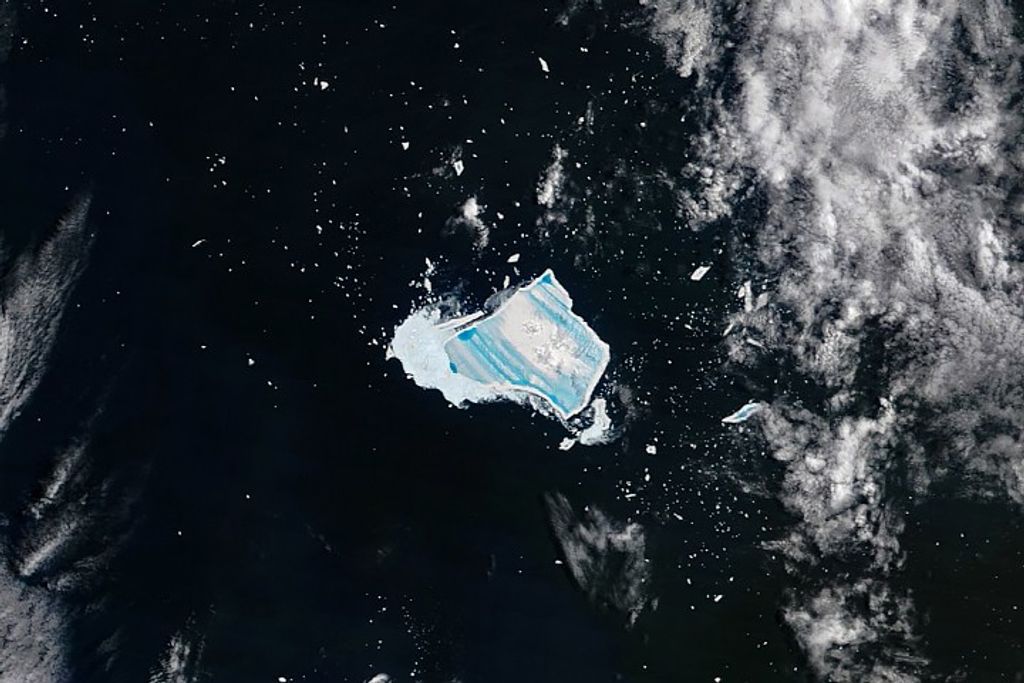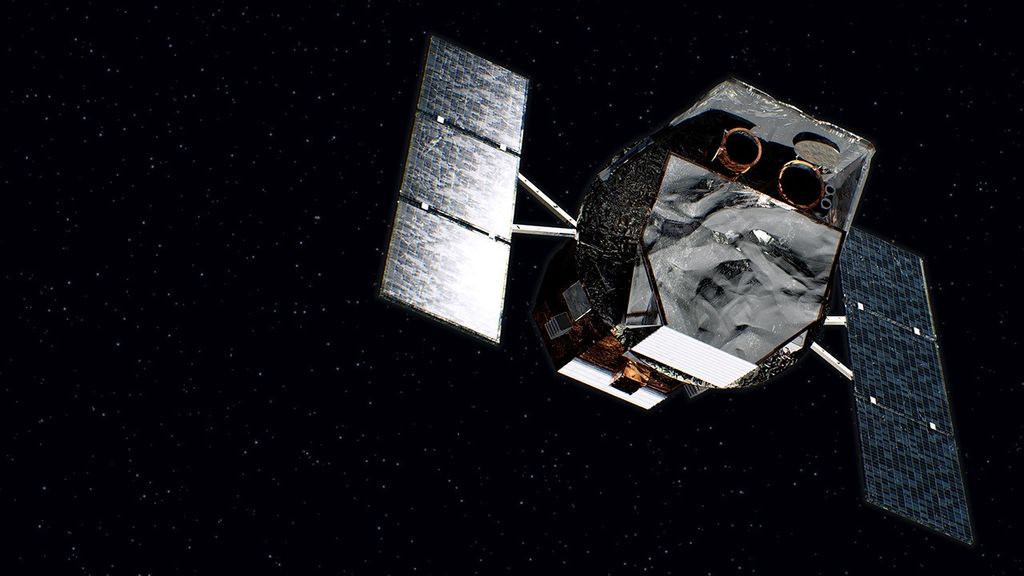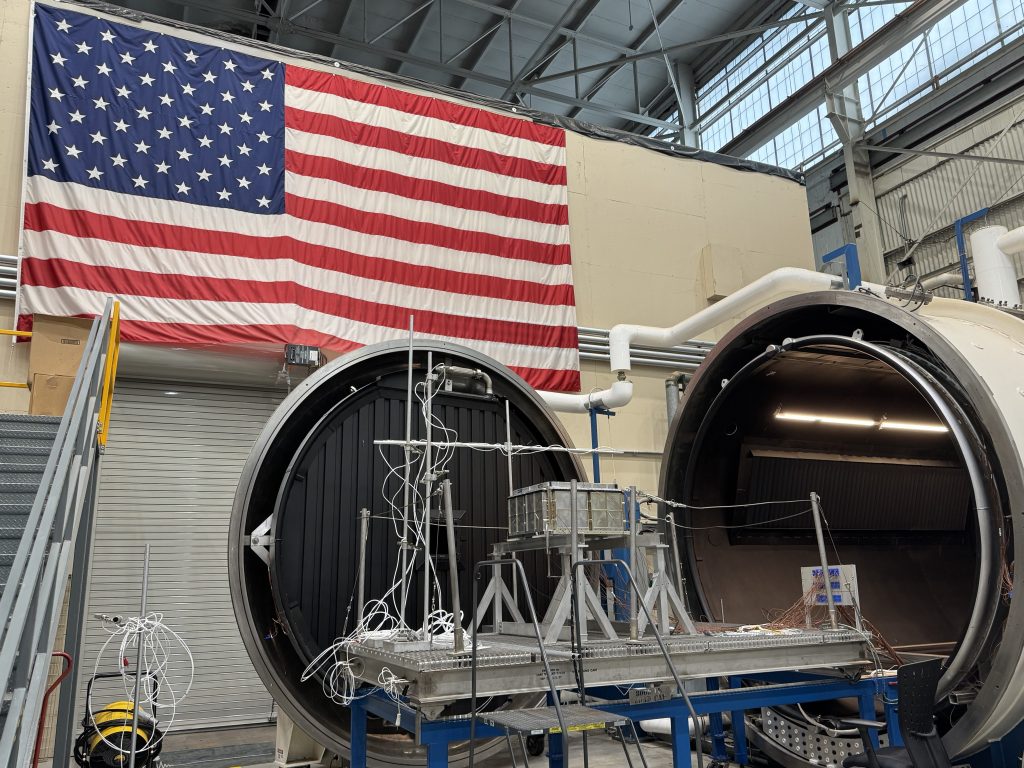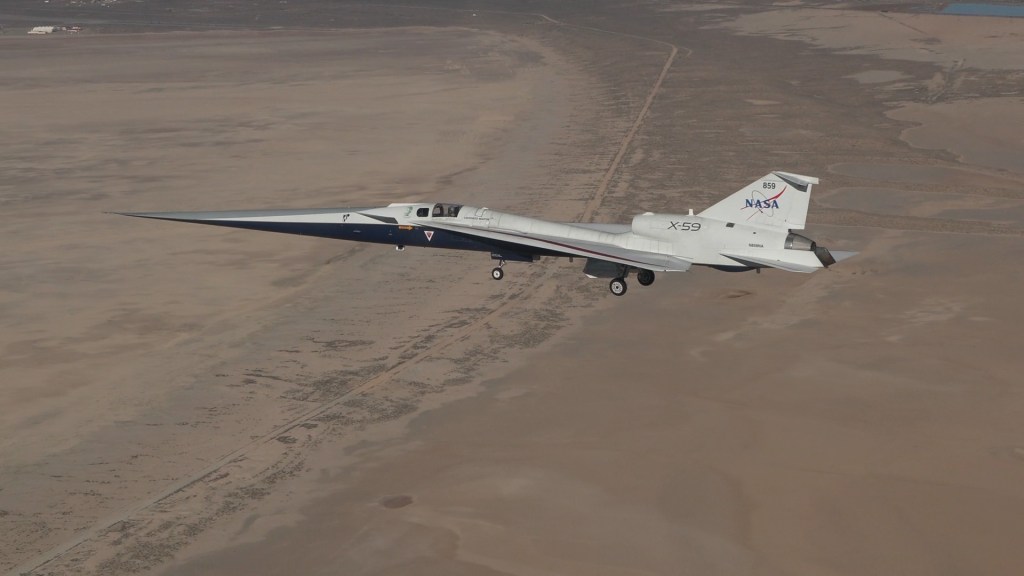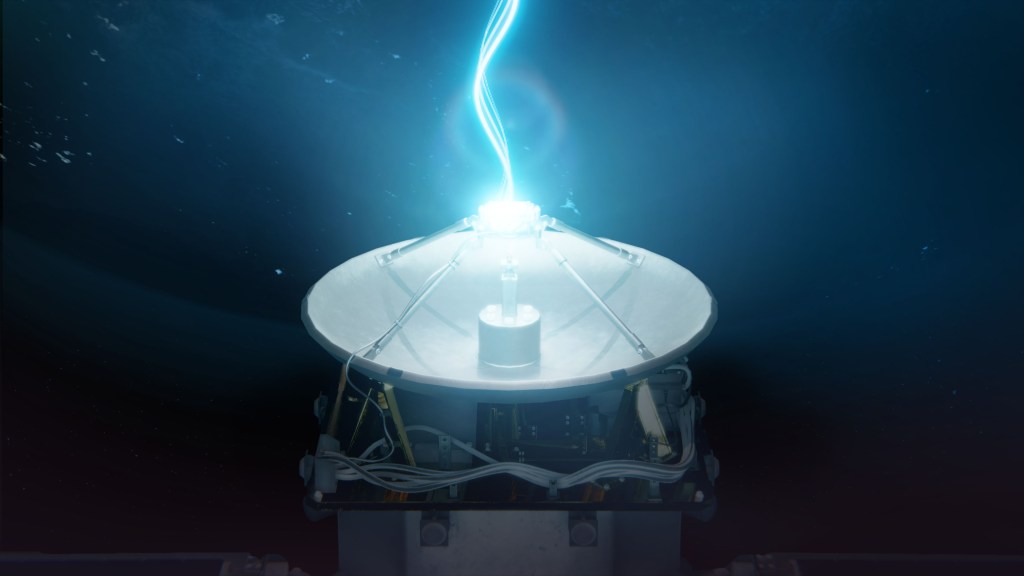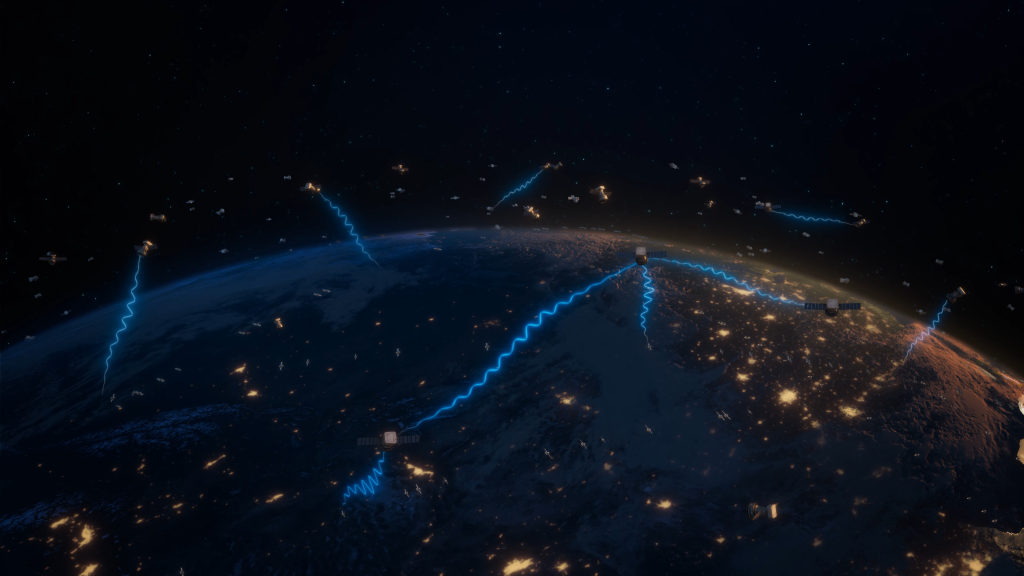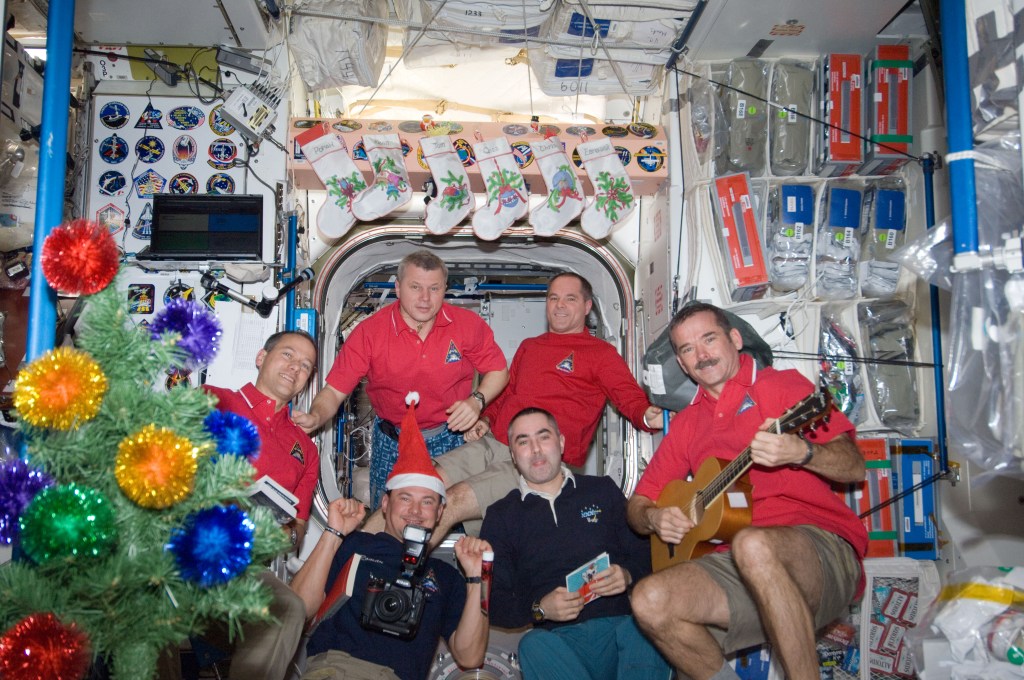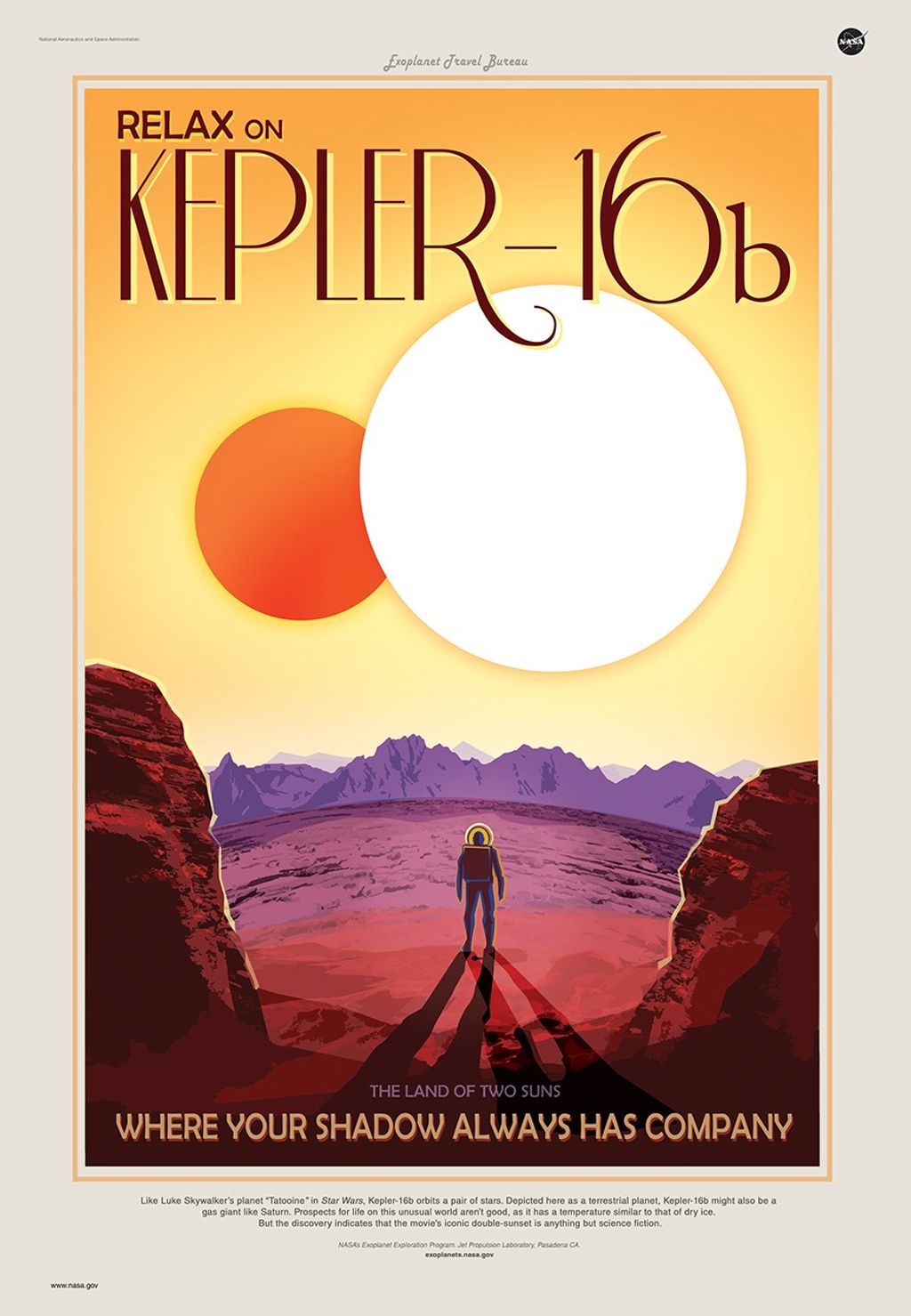A Map of Curiosity’s Difficult Climb
| Credit | NASA/JPL-Caltech/USGS-Flagstaff/University of Arizona |
|---|---|
| Language |
|
This map shows the route NASA’s Curiosity Mars rover took from May into July 2023 to complete the most difficult climb of the mission. Starting in “Marker Band Valley” (the darker area at the top center), the route shows white dots for each stop the rover made. As it struggled to crest a 23-degree slope covered with slippery sand and wheel-size rocks, the rover experienced a number of faults that stopped it mid-drive. That area can be seen just below the center of the image, where a cluster of the white dots bunch up.
Rover drivers ultimately decided to veer off 492 feet (150 meters), approaching part of the slope with an incline below 15 degrees and less sand and fewer rocks (the part of the route farthest to the right). Curiosity was able to crest the slope there, then drove back to view a cluster of impact craters (the pockmarked terrain towards the bottom of the image).
Curiosity is now heading further up Mount Sharp, the 3-mile-tall (5-kilometer-tall) mountain it has been climbing since 2014.
Curiosity was built by NASA’s Jet Propulsion Laboratory, which is managed by Caltech in Pasadena, California. JPL leads the mission on behalf of NASA’s Science Mission Directorate in Washington.
The map relies on imagery from the High-Resolution Imaging Science Experiment (HiRISE camera) aboard NASA’s Mars Reconnaissance Orbiter.
The University of Arizona, in Tucson, operates HiRISE, which was built by Ball Aerospace & Technologies Corp., in Boulder, Colorado. MRO was built by Lockheed Martin Space. JPL manages the Mars Reconnaissance Orbiter Project for NASA’s Science Mission Directorate.
For more about Curiosity, visit: https://mars.nasa.gov/msl

